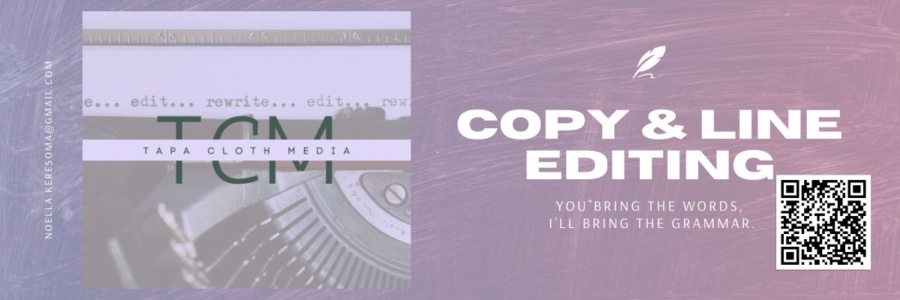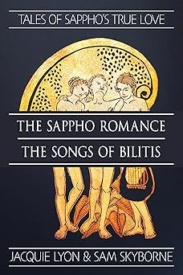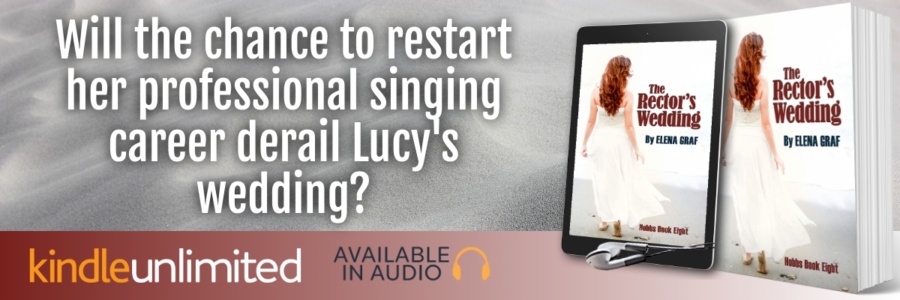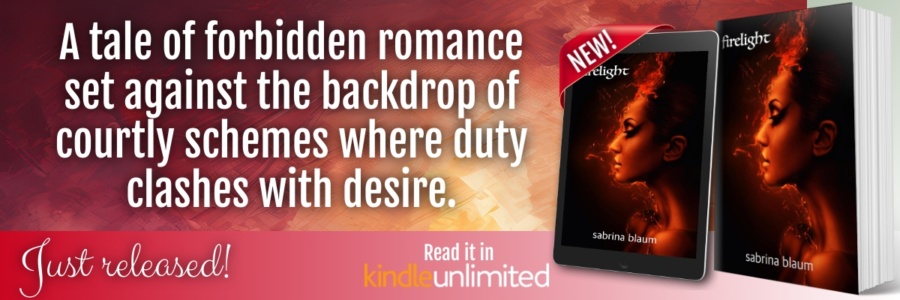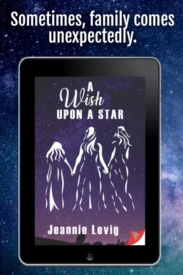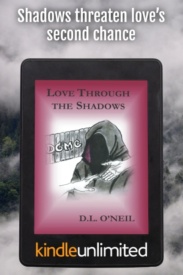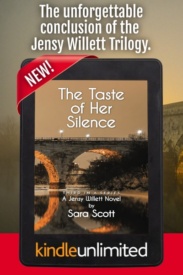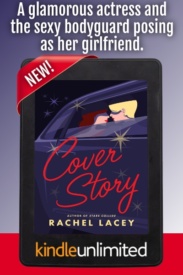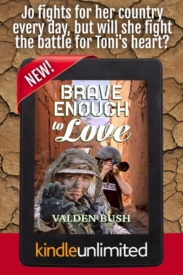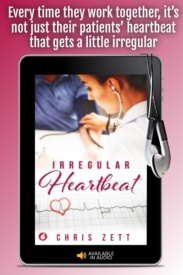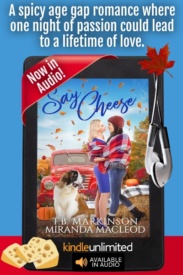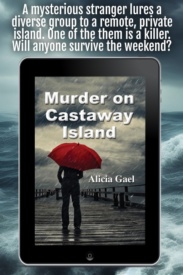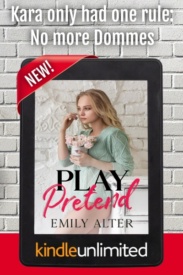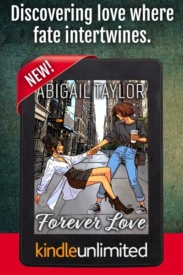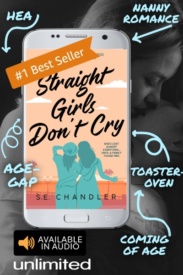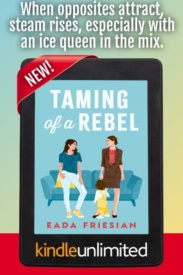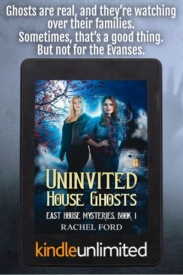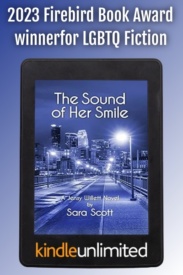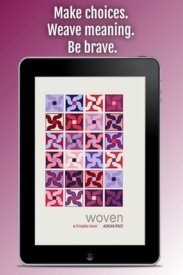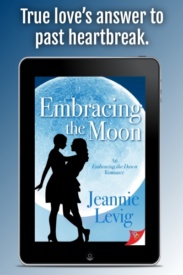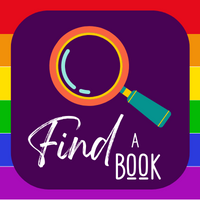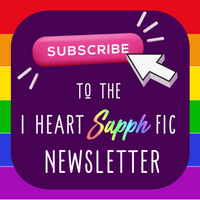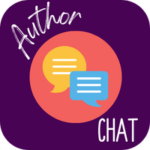
Get ready to learn more about the book The Sappho Romance in this discussion with sapphic author Sam Skyborne.
Join us for an exclusive peek behind the scenes as we quiz Sam Skyborne about The Sappho Romance, writing, reading, and more.
This book is part of the Action & Adventure category in the 2024 IHS Reading Challenge.
Why did you write The Sappho Romance?
Most of us have heard about Sappho, if only as the inspiration behind the modern classification of Sapphic fiction and novels. In reality, we know so very little about her—only a few sparse fragments of her poetry actually survived—and yet, she, and specifically her sexuality, has inspired great debate and speculation in academia and social opinion.
This controversy was fuelled by what has been called the “greatest hoax of all time”. Around the end of the 18 hundreds, a collection of poems were published, allegedly the translated collection of those discovered in the tomb of Bilitis, a contemporary of Sappho, which testified to Sappho’s lesbianism. This caused a major stir and almost swayed scholars into accepting Sappho’s lesbianism as fact. However, sadly, the authenticity of these writings could not be proved, since the alleged author was unable or unwilling to disclose the location of the tomb for verification. Hence, popular opinion soon settled back to the more comfortable view that Sappho was heterosexual, a devoted wife, mother and teacher.
One of the most well-known myths associated with Sappho, often depicted in art, is the tale of her throwing herself off the white cliffs of Lefkas (modern Leucadia) on account of a broken heart when her lover, Phaon, rejected her. He was a ferryman from Mytilene on the Island of Lesvos who had been blessed by Aphrodite with the return of his youthful good looks after an act of kindness.
I have always been intrigued by Sappho as a renowned woman of her time and the possibility of her leading an alternative lifestyle, so when I came across the tragic story of her and Phaon, my imagination started ticking over. Would it not be brilliant if Phaon was a woman, living in the hostile (to women) world of 600BC Greece disguised as a man? And how could I weave together a story that would account for most of the seemingly contradictory folklore around Sappho’s life and her loves?
Who is your favorite character in the book?
I think it is hard to imagine what it was like living in such a male dominated society in which women had fewer rites than the household dog. Hence, I am very admiring of all three of my main characters for their bravery, in particular, Anactoria’s strength and courage in accepting a new life when her world gets turned upside down.
However, Alcaeus, Sappho’s gay best friend, is my favorite. Although Alcaeus initially seems more of a supporting cast character, he has a complicated, conflicted plotline and plays a fundamental part in the story. (No spoilers!) In doing so, he shows a strength of character and level of integrity I truly admire and absolutely would aspire to. He is bright, brilliant and a man of substance. He is kind, generous, selfless to the point of ultimately being prepared to take the fall, to die if need be, to keep his word. He is so much more than an overall good egg.
What part of the book was the most fun to write?
The scenes on the ships. I love the idea of the sea being a respected and somewhat revered realm where the veil between humans and the gods is thin—a potentially hostile, alien environment, catalytic of epic transformation, as well as the gateway to freedom and opportunity. I loved weaving together the tales of the supernatural and mythology, such as the tale of Cronus cutting off his father’s genitals and casting it to earth, out of which Aphrodite is said to have been born. I also had such fun creating and getting to know the colourful characters who made their living and sought their fortune on the fringes of society, traversing this watery expanse.
How did you come up with the title for your book?
The Sappho Romance alludes to similar works: “The Aesop Romance” and “The Alexander Romance”. These are highly fictional biographies, which became folk books, works that belonged to no one, and the occasional writer felt free to change as it suited them, turning them into their own works of faction.
More so, I also like the play on ‘Sappho’s romance’. What better idea than a Sapphic retelling of the story of Sappho’s true love itself?
How much research did you need to do for The Sappho Romance?
A lot! I read extensively around Sappho, her surviving fragments, academic papers, critiques and opinions. I had to research all manner of topics around Greek culture of 600BC, including customs, clothing, food, architecture, the legal system, and technology of the time from warships to sex toys. I explored as much as I could around directly and indirectly relevant mythology and related artistic depictions and narratives, often having to haul myself out of the depths of one or other, very deep, yet fascinating rabbit hole of research.
If you’re planning a sequel, can you share a tiny bit about your plans for it?
Although I am not actively plotting a sequel yet, I did write a prequel. It is called “Sealed with a Kiss” in which my readers meet Jacquie Lyon, my co-author of The Sappho Romance.
I do like blending fiction and fact, and it seemed appropriate to have a fictional character, researching and authoring a book of faction. I specifically like the prospect of creating fictional accounts of historic characters. History is in the eye of the beholder, after all. Hence, I am pretty sure Jacquie will be planning another book in the not-too-distant future.
What is your writing process like?
I am more a plotter, although I suspect I use a pantser approach to generate ideas. I allow myself the luxury of rough high-level notes to capture the ideas while constructing the plot before I commit to putting the story into prose. It is known that we use separate parts or functions of our brain to generate ideas, compared to constructing sentences or for evaluation and analysis. Hence, although my intention is to construct the plot, I try to allow my ideas brain as much freedom to wander and wonder as possible during the initial ideation stages. Then, when I am satisfied that I have a suitable yet not immutable plotline and enough substance out of which to sculpt a story, I engage the rational analytic side.
Where do you usually write, and what do you need in your writing space to help you stay focused?
Someone once suggested that I select and designate a space, mental or physical, to where I could religiously do my writing. Although technically I can write anywhere as long as I am focussed and not distracted, this is usually in my room or study. I also like to take myself off to various places, ideally back to the location where my current work in progress is set, for self-imposed isolated writing retreats. This is particularly effective if I am struggling to focus or finish a project.
Another tiny tip that has proved ground-breaking to me and my writing routine is having a separate writer profile on my laptop. When I login as Sam Skyborne it tells my unconscious, it is time to write. I like to furnish this profile’s desktop with inspirational images related to my current work in progress. I think of it as my virtual office space.
Do you have a pet who helps/hinders your typing?
Twinkle-Toes is my cat. She is a tubby tabby with a plethora of fluff and the whitest of white paws. In personality, she is more guard-dog than feline. She, very helpfully, sits on my lap, pinning me down most days until I have finished my writing tasks for the day. She has requested that I had a novel about how cats dominate the world to my “to write” list. I did explain I was not a catspiracy theorist.
What is the most valuable piece of advice you’ve been given about writing, and by whom?
Stephen King suggested one “starts by writing with your door closed.” i.e. Don’t let anyone see your initial writing or even talk about your writing ideas until you are ready and your idea is fully formed on paper. If you do, you risk people’s early-stage reaction to a potentially half-baked and vulnerable idea, which can affect your motivation and commitment to the project. Until reading that, I had sabotaged several of what were, in hindsight, potentially quite promising ideas.
What do you do to get inside your character’s heads?
Getting inside a character’s head is not always easy, especially when the characters make choices or end up in situations that are very foreign or uncomfortable for me. However, as a writer, I think one benefits from having empathy and the ability to put oneself in other people’s shoes, and imagine at the very least how it would be for that character. This is a skill we all work at developing since birth. Most of life’s activity entails communication and trying to understand what someone else is doing or saying, and this equates to trying to get inside that person’s head.
Have you ever cried when writing an emotional scene?
Yes, often. I think as fiction writers, we write about the highs and lows of life as well as about what is personal, often drawn from our own experience. Such things are naturally tainted by emotional triggers. Additionally, we also have the unfortunate remit to imagine the best of the best and the worst of the worst of human existence. Both of these then need to be depicted in compelling evocative prose and this, if done effectively, will evoke associated emotions—it is what writing is intended to do.
In The Sappho Romance there were a number of scenes which I found particularly emotional to write, both sad, vexing and joyous. Such as: [**Spoiler alert**] When Sappho discovers she has been betrayed; when Alcaeus fails to save his best friend; the scene in which Bilitis sinks to an all-time moral low; when Bilitis finally faces reality and accepts her lot and of course the bittersweet ending.
Have you ever hated one of your characters?
Not really. However, in The Sappho Romance, the character I got closest to hating was probably old Phaon, and I was certainly glad when he got a fitting comeuppance.
I mostly hate what my characters do, but not usually hate them per se. Part of writing a character involves understanding them as if they are real, rounded, complex individuals. And most people, unless they are essentially evil and intending to do bad things, act in a way motivated by positive intention to do the best they can within the confines of their understanding and emotional ability under the circumstances. Besides, writing purely evil characters results in mostly very flat, one dimensional characters, which are not much fun to write.
If given the chance, I like to give my characters the opportunity to redeem themselves. Or, one of my favourite devices is to set up a seemingly unlikeable character, demonstrating seemingly distasteful or unpalatable behaviours, and then as the plot unfolds, reveal how the reader’s initial assessment of the situation was flawed. This being the result of a lack of a full understanding on the part of the reader of the character’s true motivation or situation.
Bilitis was one such character, which I found very challenging to write. Firstly, she shows a moral ambiguity which is provocative. I also struggled with how to get her to tell the story in a way that guides the reader’s understanding and sets up the required plot twists and turns.
What type of books do you enjoy reading the most?
I like books with strong female characters and am thrilled if one of the main characters, ideally the hero, happens to be a lesbian. Like a lot of readers out there, I enjoy reading books that reflect me and my demographic. Sadly, until relatively recently, the lesbian fiction genre was mostly limited to lesbian romance. I look forward to seeing more lesbian fiction authors exploring the wider genre categories and the more prolific inclusion of lesbian characters in other mainstream fiction.
Are there any books or authors that inspired you to become a writer?
I really enjoyed books by Val McDermid, Sarah Waters, Jeanette Winterson, Barbara Winkes, Ali Vali, Gun Brooke, Cari Hunter, Robyn Nyx, Harper Bliss, Kate Mascarenhas, to name but a few. Since childhood, I had craved stories like these and felt that there just weren’t enough out there. So, like many lesbians in the early naughties, I was thrilled at being able to get my fix in the virtual aisles of sapphic fanfiction sites. These ordinary writers, creating stories that they wanted to read, inspired me to write my own, purely for my enjoyment. After that, one thing led to another, and I was persuaded to start putting my stories and eventually my books out there, in case there were others who might enjoy them too.
Do you only read books in one genre or do you genre hop?
I read books in a number of genres, including speculative fiction, action adventure, sci-fi, crime and detective stories. I like fiction that pushes the boundaries beyond what is prosaic or accepted and that introduces new ideas. I have always loved the idea that what can be conceived by the imagination can one day be achieved and I believe fiction is the perfect medium to help expand our understanding and interpretation of the world and its possibilities and limitations.


